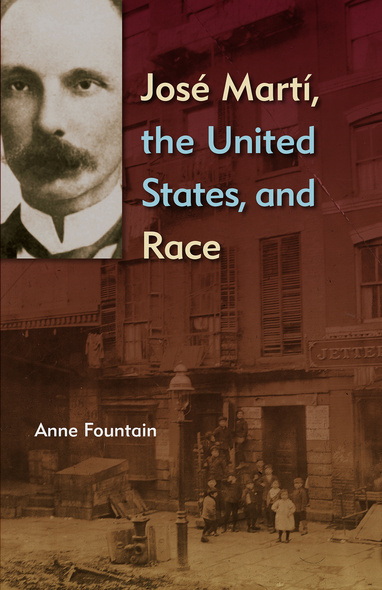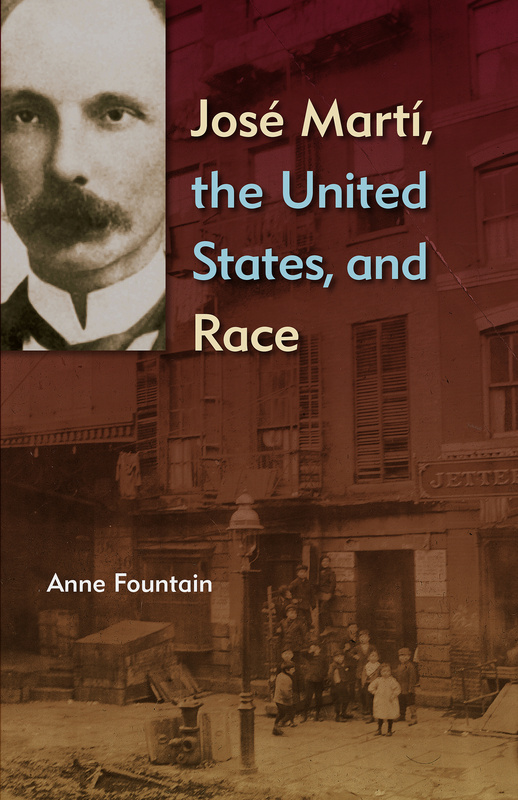
“Essential reading for those who increasingly appreciate the enormous importance of Martí as one of the nineteenth century’s most influential and most original thinkers.”—John Kirk, coeditor of Redefining Cuban Foreign Policy
“Fountain’s wide-ranging, keen-eyed, and meticulously researched analysis covers the gamut of race relations that Martí’s work probed.”—Esther Allen, translator of José Martí: Selected Writings
“An engaging, comprehensive, and well-balanced book on Cuba’s national hero José Martí. Anne Fountain’s chapters on Martí’s vision of blacks are an indispensable source of information for anyone interested in the topic.”—Jorge Camacho, author of José Martí: las máscaras del escritor
A national hero in Cuba and a champion of independence across Latin America, José Martí produced a body of writing that has been theorized, criticized, and politicized. However, one of the most understudied aspects of his work is how his time in the United States affected what he wrote about race and his attitudes toward racial politics.
In the United States Martí encountered European immigrants and the labor politics that accompanied them and became aware of the hardships experienced by Chinese workers. He read in newspapers and magazines about the oppression of Native Americans and the adversity faced by newly freed black citizens. Although he’d first witnessed the mistreatment of slaves in Cuba, it was in New York City, near the close of the century, where he penned his famous essay “My Race,” declaring that there was only one race, the human race.
Anne Fountain argues that it was in the United States that Martí—confronted by the forces of manifest destiny, the influence of race in politics, the legacy of slavery, and the plight and promise of the black Cuban diaspora—fully engaged with the specter of racism. Examining Martí’s complete works with a focus on key portions, Fountain reveals the evolution of his thinking on the topic, indicating the significance of his sources, providing a context for his writing, and offering a structure for his works on race.
Deserves the attention of all those who are interested in José Martí, in the history of the USA and of Cuba in the nineteenth century.’—Iberoamericana
Anne Fountain is professor of Spanish and Latin American studies at San José State University and the author of José Martí and U.S. Writers.





